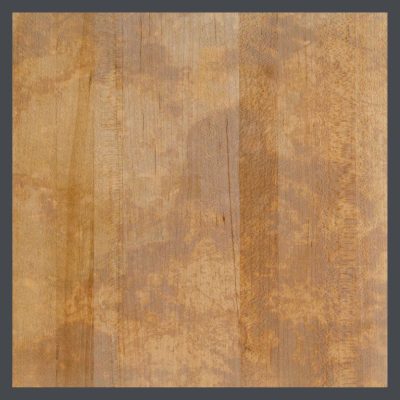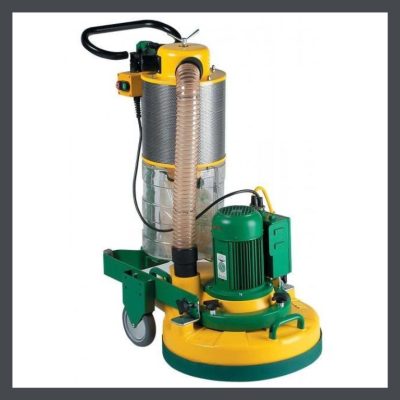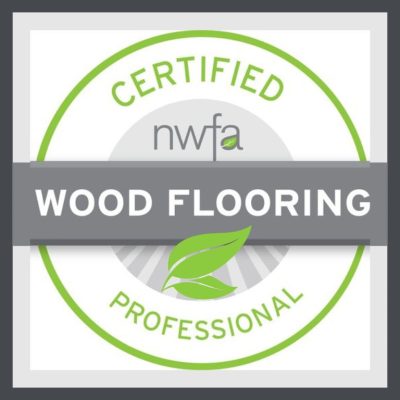Why would you hire a pro? It’s expensive. It’s a pain in the #@& to have strangers roaming about your house. Maybe they won’t do an good job.
Here’s why I think hiring a professional wood floor sander/finisher is a dang good idea. (From my experience as an old house lover & a wood flooring business owner for 45 years.)
 0. When you hire a pro, you acquire a friend in the biz.
0. When you hire a pro, you acquire a friend in the biz.
I answered the phone for 45 years & guided homeowners through the process. Sometimes their call was premature- they had other issues to be addressed. I always quizzed them about their most recent termite inspection, signs of moisture intrusion, their allover restoration plan. If they lacked a plan, we put one together. The longest time I ever walked someone through the process was 2 years & 3-6 months was not uncommon.
I also took the opportunity to dissuade people from making unfortunate decisions such as refinishing perfectly lovely floors simply to change their color. I sold my business but I had a website full of great information & links & was able to educate them on how preserve their old houses. Now I write this blog!
I wanted to make sure that if they were taking the step of hiring a professional wood floor sander/finisher, that they were getting everything that they needed to get the best floor possible & to make the experience as smooth & pleasurable as it could be. It was a fun job!
 1. You get the benefits of their experience. Pro’s have made all the mistakes already & don’t have to go to school on your floor.
1. You get the benefits of their experience. Pro’s have made all the mistakes already & don’t have to go to school on your floor.
The first floor my husband, Dennis sanded, at my vintage clothing store, way back in the early 80’s, was maple, which is a very hard wood. He learned how to refinish by going to the library & studying books. He was a chemistry major in college, which gave him a bit of a jump on coatings-stains & finishes- but his only experience with wood was as a sophomore in high school wood shop & he wasn’t very good at.
None of the books he read at the library, mentioned anything about the different species & their requirements & characteristics. I was young & foolish & specified a medium dark stain. A pro would have encouraged me to forego the stain to allow the full beauty of this finely grained wood to be displayed, but my husband wasn’t even aware that it was maple! And he certainly wasn’t aware of how difficult it is to get an even stain on maple because of its uneven porosity.
Fortunately, he realized that he needed to know more than the books could teach him, & called a pro company at random out of the Yellow Pages. Wildly, the person who answered lived right behind us & graciously stopped by to help. The pro suggested that we rent sanding equipment from him & gave Hubby some good tips on using it, which was what saved the project. (Two years & 100 floors later, my now educated & skilled husband critiqued this first effort & gave it a C-.)
Which leads me to:
 2. Pro’s have state-of-the-art equipment that they keep well- maintained & calibrated. Since the 20’s, sanders really hadn’t been improved much but they were miles above the tools you could rent at the time (early 80’s) Hubby first started. The rental machines were extremely under-powered & just chomped the heck out of floors. Slowly & arduously, you understand, because of the lack of power.
2. Pro’s have state-of-the-art equipment that they keep well- maintained & calibrated. Since the 20’s, sanders really hadn’t been improved much but they were miles above the tools you could rent at the time (early 80’s) Hubby first started. The rental machines were extremely under-powered & just chomped the heck out of floors. Slowly & arduously, you understand, because of the lack of power.
During our 45 years in the business, we went through 4 major iterations of equipment. With each new development, we would replace perfectly workable sanding machines for new, ever more expensive & sophisticated machines that could make a floor flatter while removing less of the surface.
Our equipment was maintained religiously. An uncalibrated machine can bounce over a floor making waves that are impossible to remove. Rental company employees just don’t maintain their equipment. They probably don’t know how & it’s not theirs, so they tend to be a bit casual about it. Hiring a professional wood floor sander/finisher means that the machines that they will be using belong to them- it was our $15,000 that bought each one & we wanted them to operate well & have long lives. At least until it was time for the next upgrade!
3. They use the best products & have working relationships with product manufacturers Many pro’s have attended their training programs to achieve better knowledge of their particular products & equipment. Generally, folks who hold these certifications are conscientious & professional.
Bona, a stain, finish & equipment manufacturer offers such a program. Bona was a pioneer, way back in the 80’s of low VOC water base finishes & soon after, began manufacturing low VOC oil based stains & oil based polyurethanes.
Students who are pre-qualified by a local manger, must have at least 3 years experience & it is required that the company have been in business for 5 years. They are required to carry commercial liability insurance which protects the homeowner from any damage to a home that might occur from their work. (We had a decent amount of work paid by this type of insurance from floods caused by plumbing fiascos!)
In addition to attending their school, in Aurora, Colorado, member pro’s receive technical support in the field.
 4. I seem to have wandered off product relationship & wandered into training. While everyone learns through experience, training under master craftsman takes skill to another level.
4. I seem to have wandered off product relationship & wandered into training. While everyone learns through experience, training under master craftsman takes skill to another level.
Lagler, an equipment manufacturer also offers training & certification. In the class, students learn to master their machines, including advanced sanding techniques & the use of correct sandpaper grits at each stage. One benefit of this study is that the craftsmen learn to use operate the machines more efficiently, greatly reducing time spent on the job- & in your home!
The National Wood Flooring Association is the organization that sets the standards for the trade. They have researched & developed the most effective techniques & offer training in installation & sand & finish as well as educating inspectors who help homeowners when a job goes bad. Just holding a membership in this organization shows commitment to professionalism.
5. All these things mean that your floor will be finished in much less time than if you are going the DIY route. It also means that your floor will have a longer life because rented equipment in the hands of a novice can mean that more wood is likely to be removed. An experienced, trained hand is a gentle hand, very important in preserving our old-growth wood floors.
THE FINE PRINT ON HIRING A PROFESSIONAL SANDER/FINISHER
That being said, as much as you will benefit from hiring a pro, not all of them are alike. You must perform your own due diligence, to ensure that the one you choose has the above attributes. I strongly suggest that you-
 STAY IN THE BUNGALOW KNOW!!!
STAY IN THE BUNGALOW KNOW!!!
Sign up for our newsletter & receive our FREE E-book, 7 VITAL Things to Do Before You Hire a Contractor.



You make excellent points! Is purchasing factory prefinished solid wood flooring going to be the same quality as purchasing unfinished solid wood flooring and then paying a professional to come in and apply a finish after sanding?
Is this the order of quality? Am I understanding correctly?
Best: Purchase unfinished solid, hardwood, flooring, and pay a professional to sand and finish.
Better: Purchase solid hardwood flooring that comes factory pre-finished.
Good: Purchase unfinished solid, hardwood flooring, sand on your own with rental equipment and DIY apply the finish.
I am going to finish writing my article that covers all these things & let you decide! A huge factor in this choice is what is current available. I like engineered wood & would rule it out. Let me do my research & present the choices!
You make excellent and important points. Thank you very much!
Would you recommend purchasing factory, prefinished, solid, hardwood flooring over novice DIY sanding and finishing of unfinished solid hardwood flooring? I love your site! It mirrors my dream board.
I think that this article will answer your question! https://bungalows101.com/installing-new-wood-flooring-in-your-old-house/